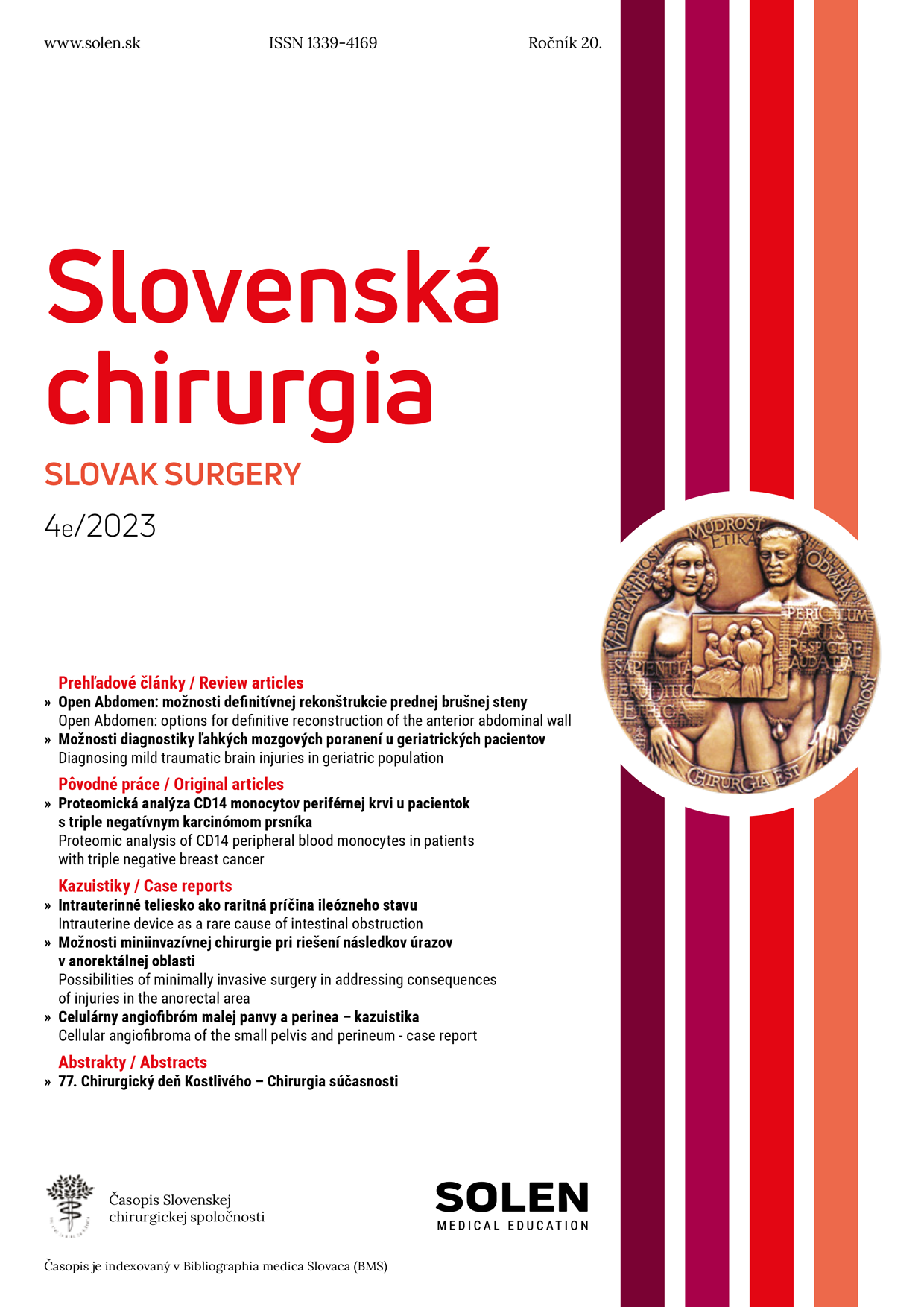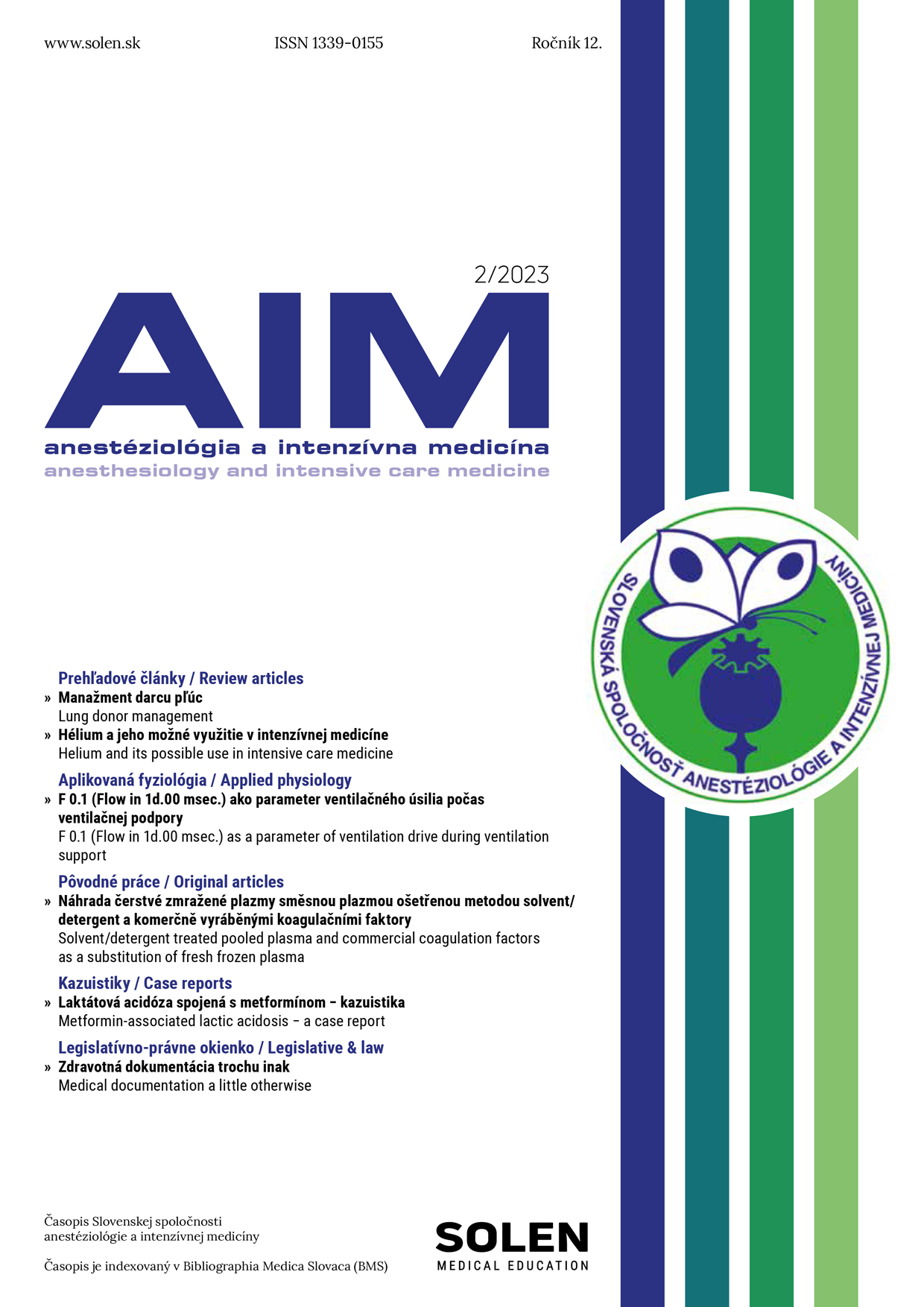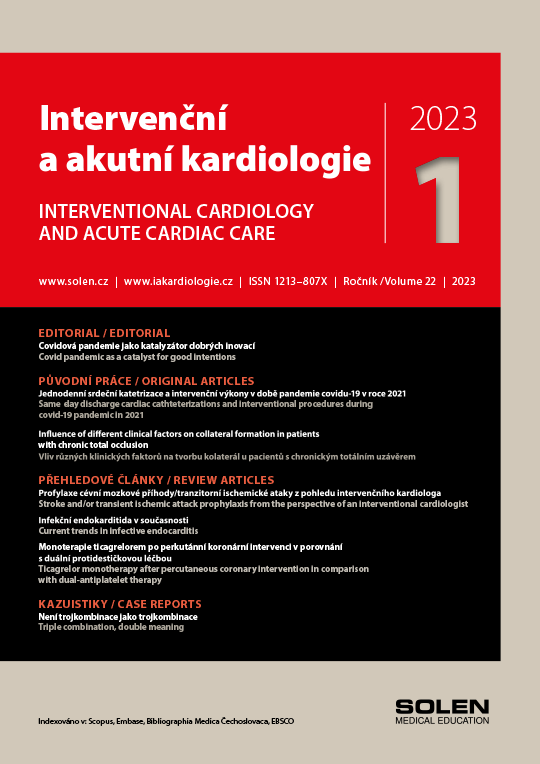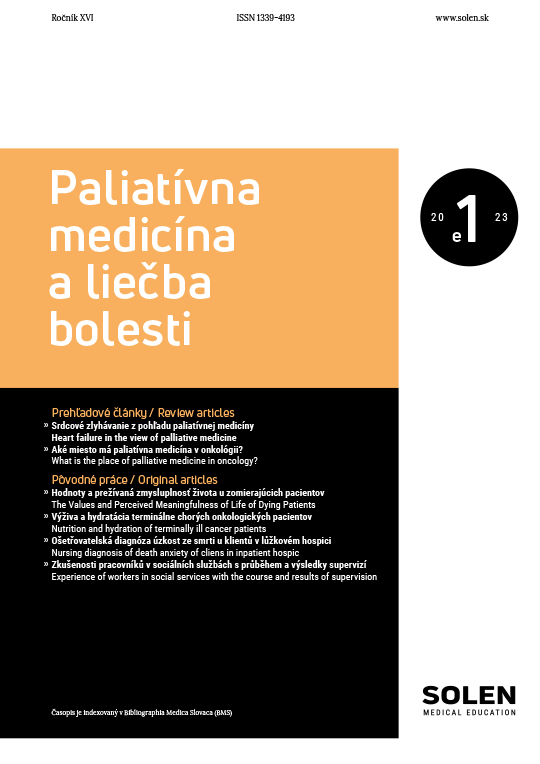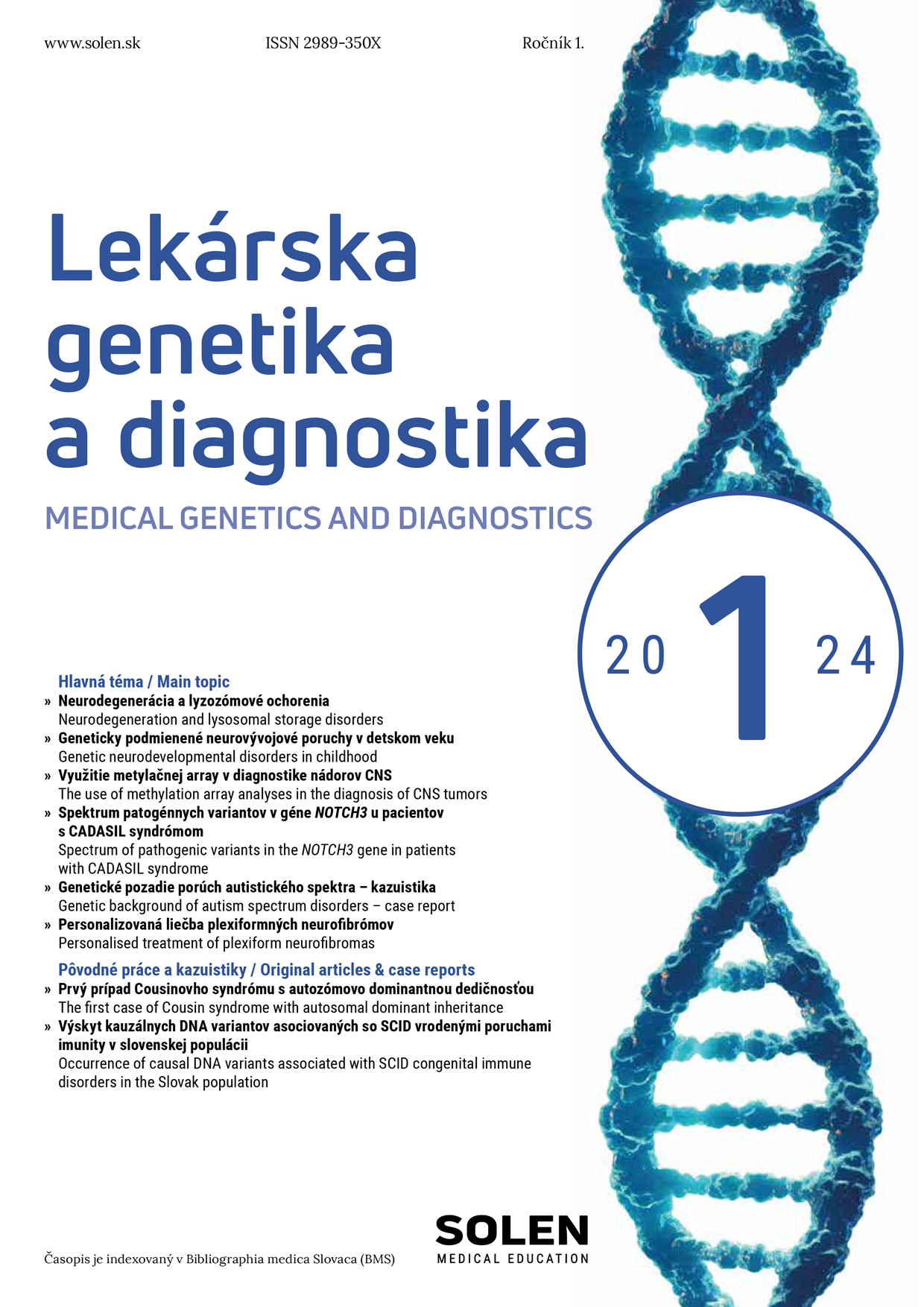Psychiatria pre prax 1/2013
Kombinovaná liečba Alzheimerovej choroby
V súčasnosti sú dostupné dva základné farmakologi cké prístupy k liečbe Alzheimerovej choroby – inhibícia cholínesterázy a antagonistické ovplyvnenie NMDA receptorov. Výsledky výskumov a klinických pozorovaní poukazujú na výhodnosť kombinácie týchto prístupov so symptomatickým účinkom vo všetkých oblastiach postihnutia spôsobeného Alzheimerovou chorobou. Prínosy kombinovanej terapie sú väčšie ako pri monoterapii inhibítormi cholínesterázy a narastajú s časom. Na ilustráciu prezentovaných literárnych údajov autorka uvádza klinický prípad prínosu kombinovanej terapie u ambulantne liečenej pacientky v jej naturálnom prostredí.
Kľúčové slová: Alzheimerova choroba, demencia, kognitíva, antialzheimeriká, kombinovaná liečba.
Combined therapy by Alzheimer´s disease
Nowadays there are two available pharmacological approaches to treatment of an Alzheimer´s disease – a) an inhibition of acetylcholinesterase and b) an antagonistic influence of NMDA receptors. Research results and clinical observations point out the benefit of combining those approaches with symptomatic effect on all facets of disability caused by Alzheimer´s disease. Benefits of the combined therapy are greater than those of monotherapy by inhibitors of cholinesterase and therefore will be on the increase with time. To illustrate demonstrated data the author reports the clinical case of combined therapy and its benefit to the ambulant patient in her natural environment.
Keywords: Alzheimer´s disease, dementia, cognitive enhancers, anti-Alzheimer‘s disease drugs, combination therapy.


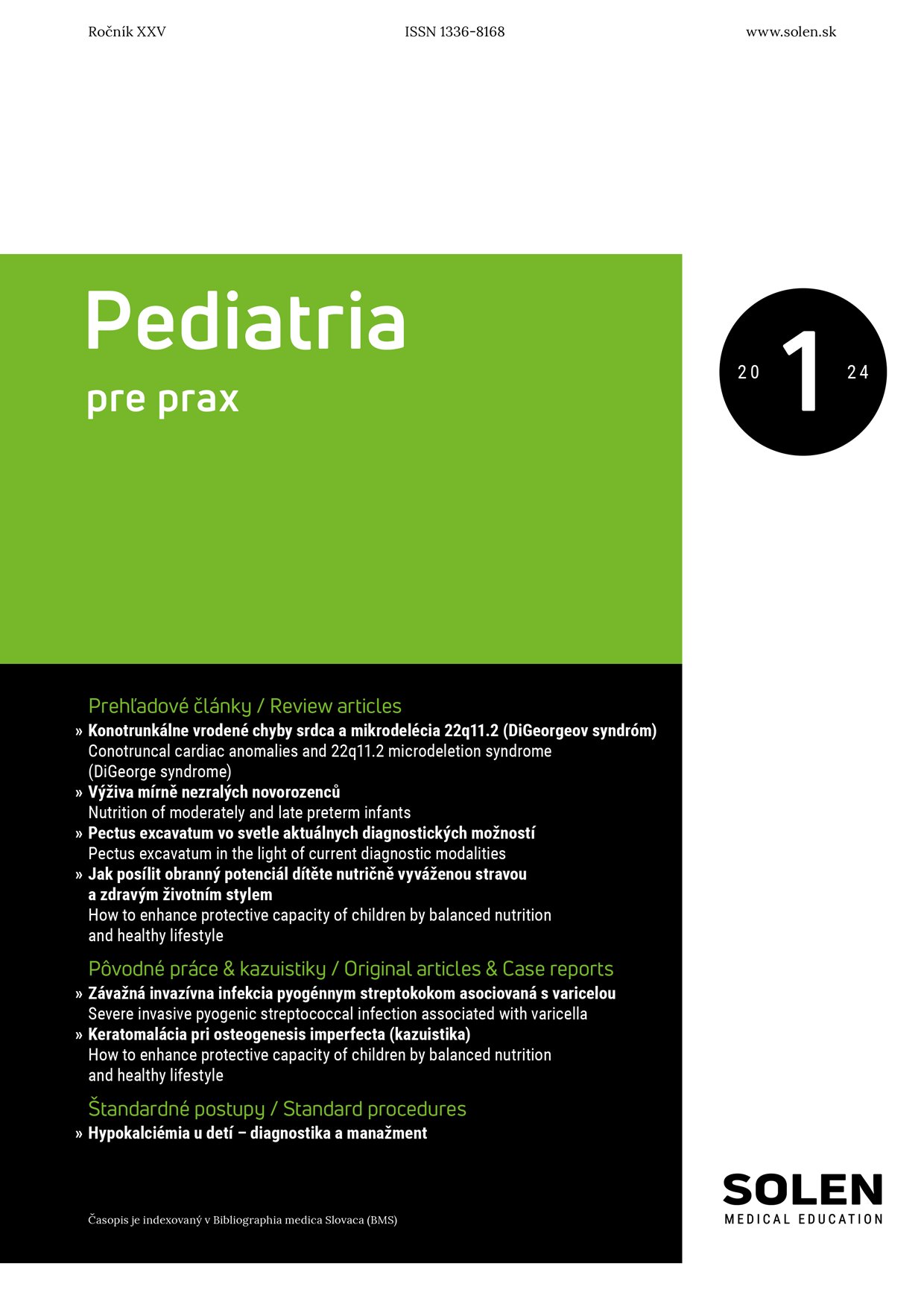
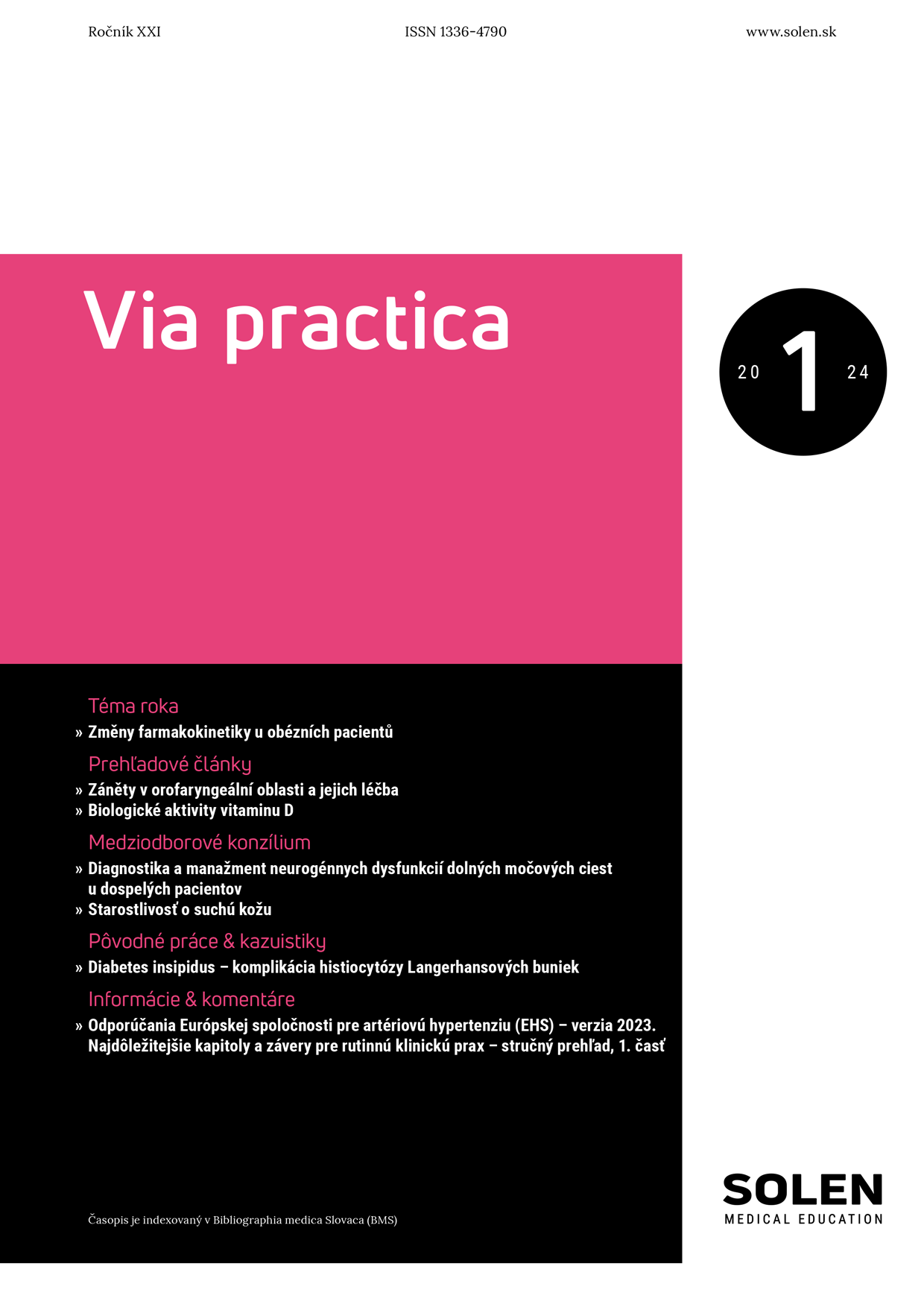
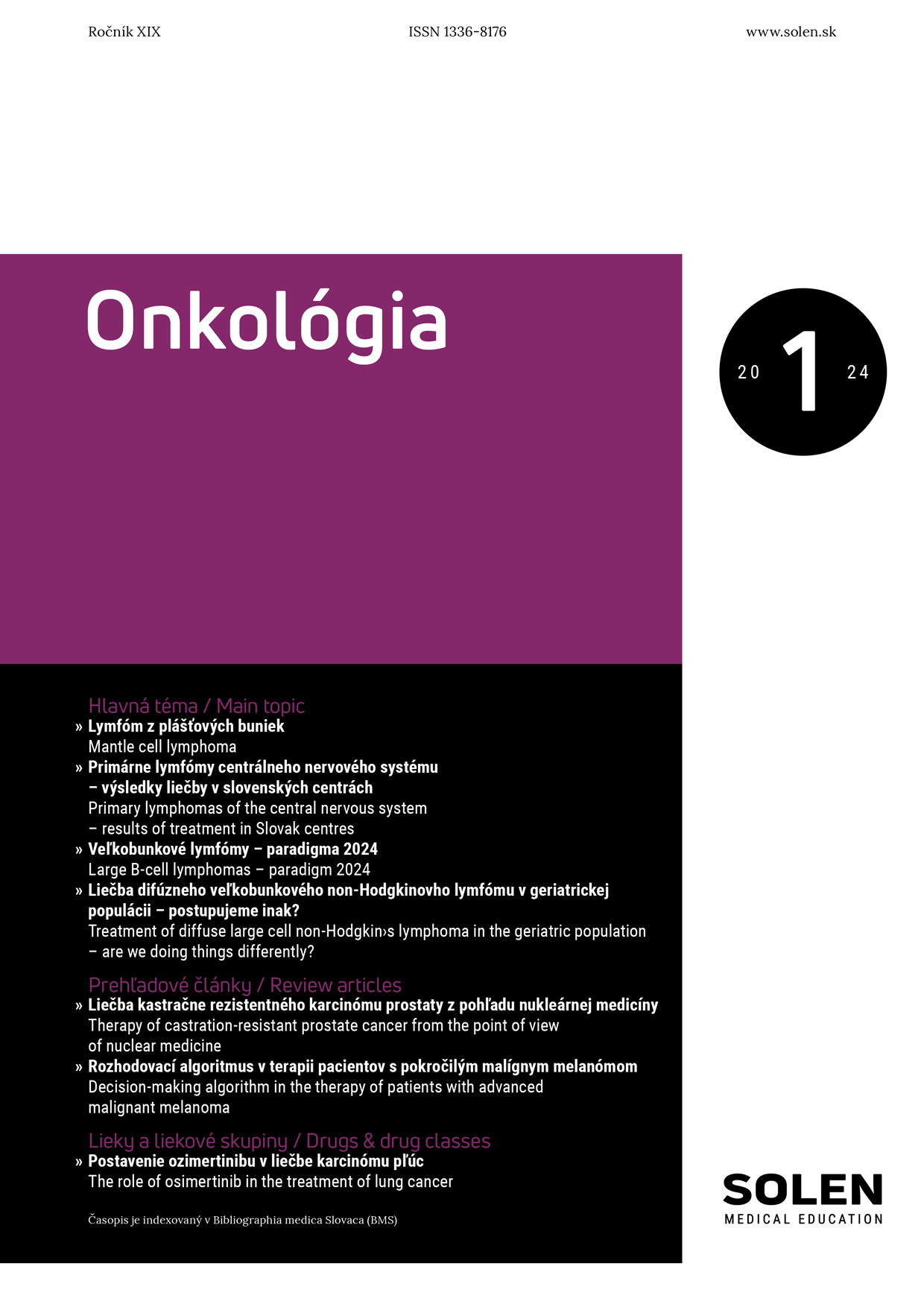
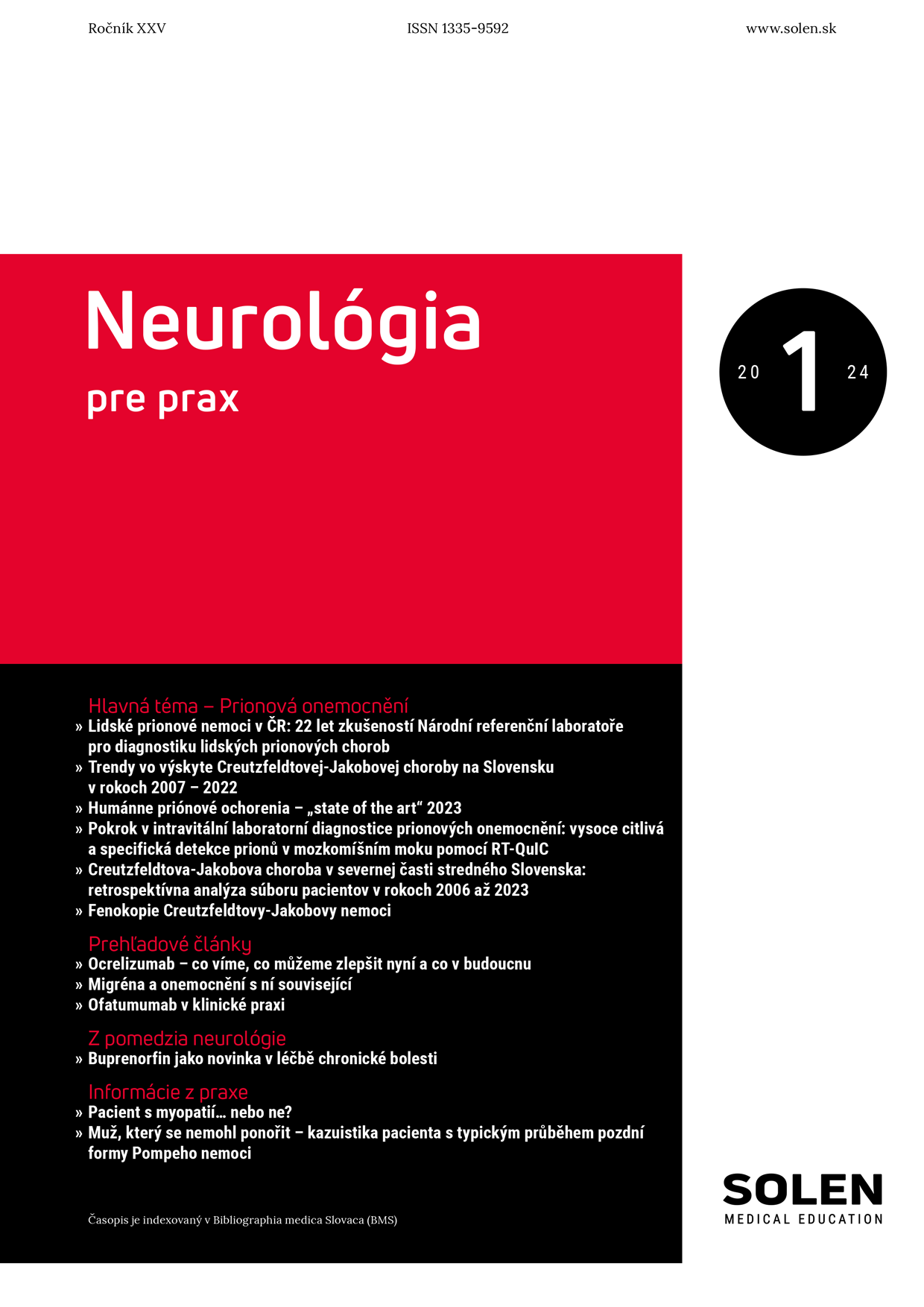
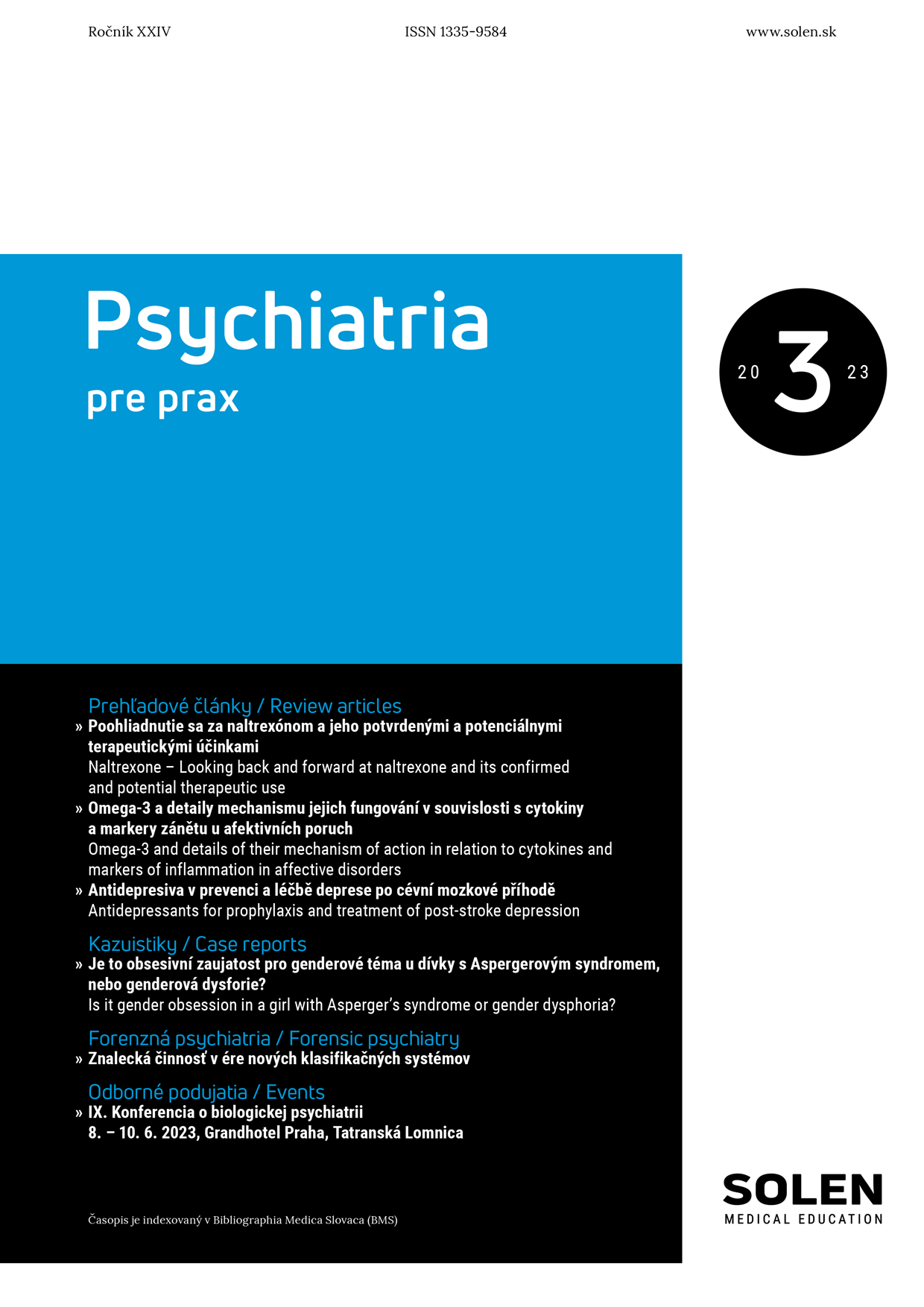
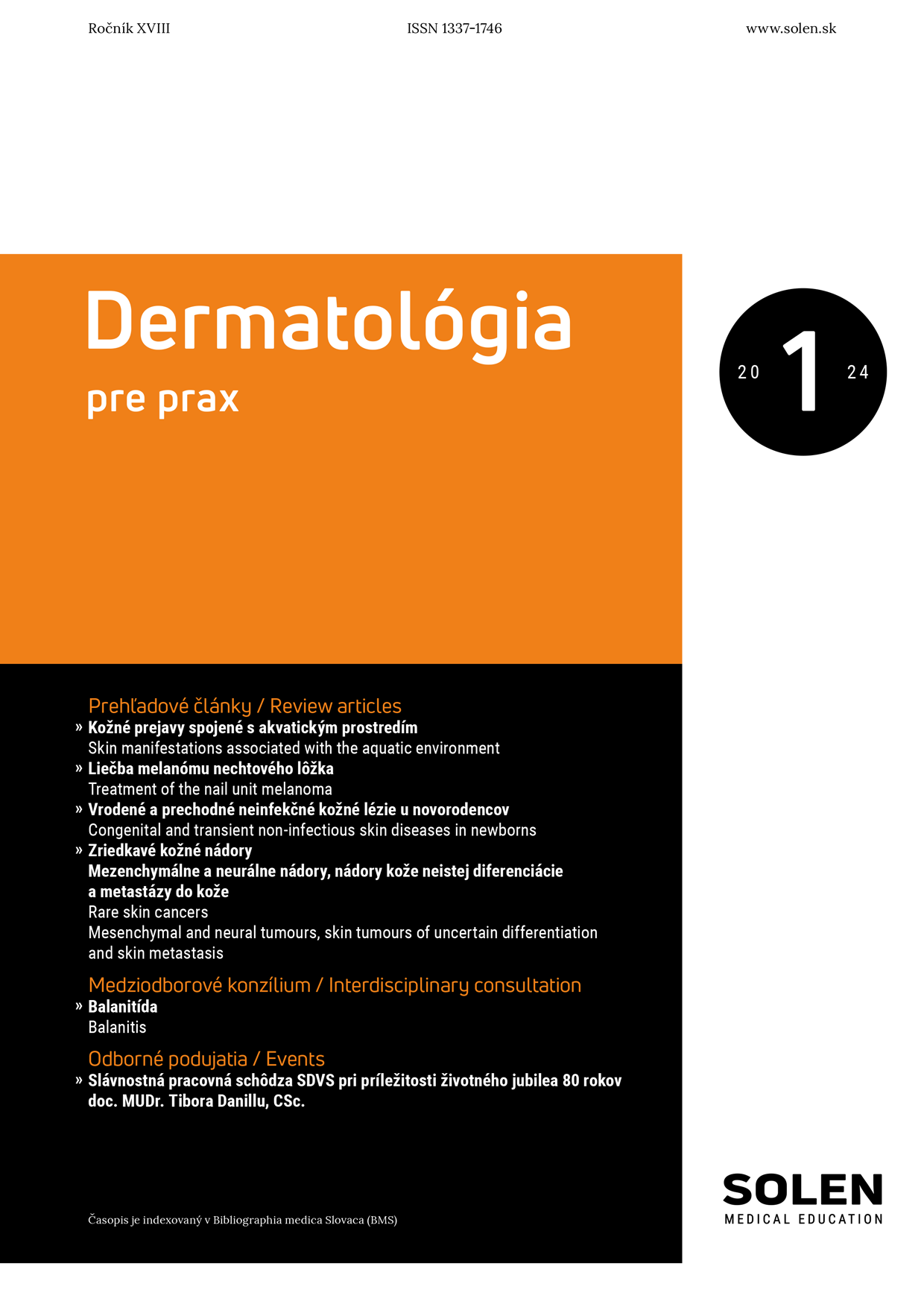
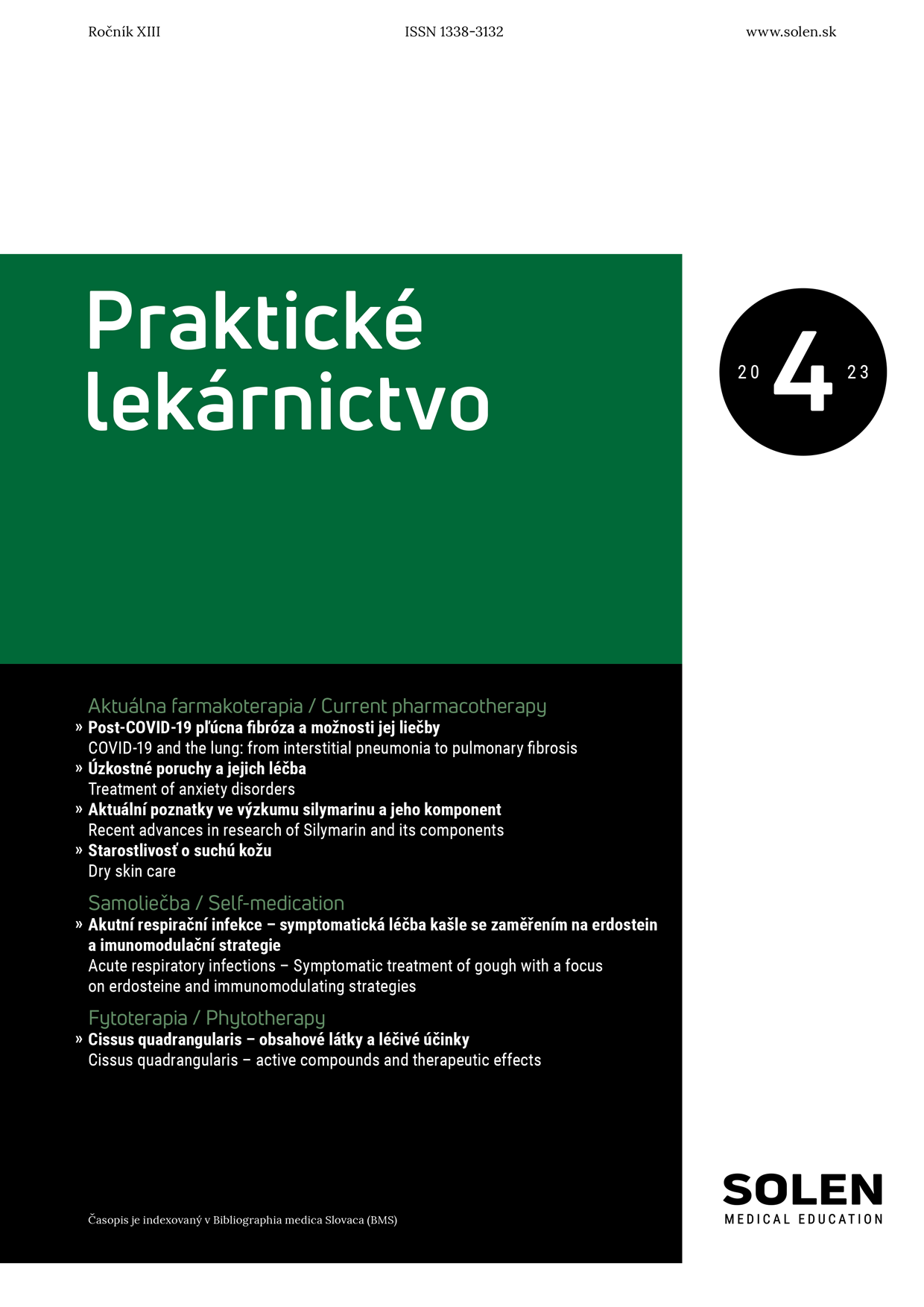
-1.png)
